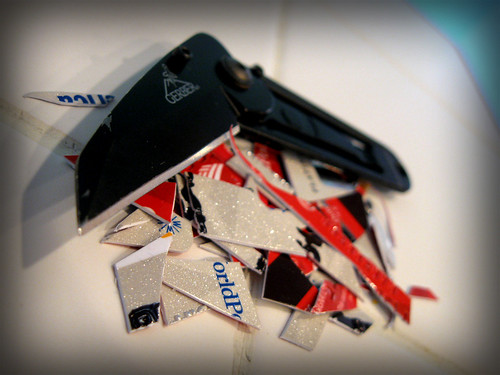Debt settlement tips to keep in mind
 Companies that offer debt settlement services became very popular because of their services of successfully paying off the debtors outstanding balances by negotiating with the creditors on debtor's behalf.
Companies that offer debt settlement services became very popular because of their services of successfully paying off the debtors outstanding balances by negotiating with the creditors on debtor's behalf.Debt settlement is one of the good options to prevent one from falling deeper in debts. To be debt free, it is essential not to panic. Think ahead and analyze your options, resources and plan your actions.
One of the most important debt settlement tips is to make sure the legitimacy of the company. Debt settlement tips are provided to individuals to help them get out of their current problem. It is an individual’s responsibility to choose the proper service for guidance.
Debt settlement can be a good option for people who are seeking for a cost-effective and simple solution to their present debt burden. There are many factors to consider before being in an agreement that can save you money and time in the long run. Here are some tips that can help you navigate through debt settlement world.
Know your options. Debt settlement program might not be appropriate for everyone, depending on their current situation. Debt settlement is offered to individuals who are having financial troubles that are no longer capable of making monthly payments.
Choose a legitimate and reputable company. Before choosing one, ensure that you check the company’s accreditation, background, feedback or testimonials.
Be aware of what you are paying. Compare the costs and services of various settlement companies. By doing this, it can help you ensure that you are paying the best price for the services they provide.
Be aware of settlement scams. Debt settlement scams do exists so it’s essential to check its reputation and legitimacy. By doing this, you can prevent losing huge amount of money.
Keep the following tips in mind and it will help you take advantage of debt settlement if you really need it. By following those, it may help you be back in your financial being.














